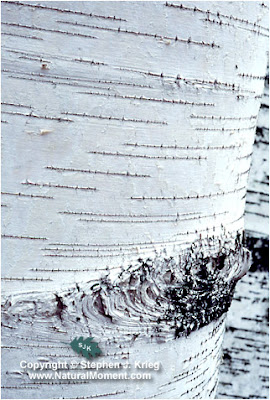When you are stuck in the woods one of the most important things is finding a food source. While roots, berries, and insect work sometimes, a good animal catch can mean the difference between life and death.
The first thing you need to realize is that (like some humans) animals are creatures of habit, and they usually can be found in one of these three places. The food source were animals eat, the water source were they quench their thirst, or their home were they rest. Always look for tracks, droppings or beaten down paths that would indicate that an animal has been through the area. These are the places were you want to set your traps.

Remember, always try and be down wind from any of your prey as your scent can give away your presence. Also, make sure you tread lightly, don't scare away a potential meal. This will not be an easy task, but in the wild nothing is easy. You can check out more in the videos below...
Once you are successful, and manage to trap a creature make sure to cook it throughly if at all possible. Another tip is to not waste your cooking fire, always be boiling some water for your next day of survival.
Don't forget man did once have to hunt for it's food...






